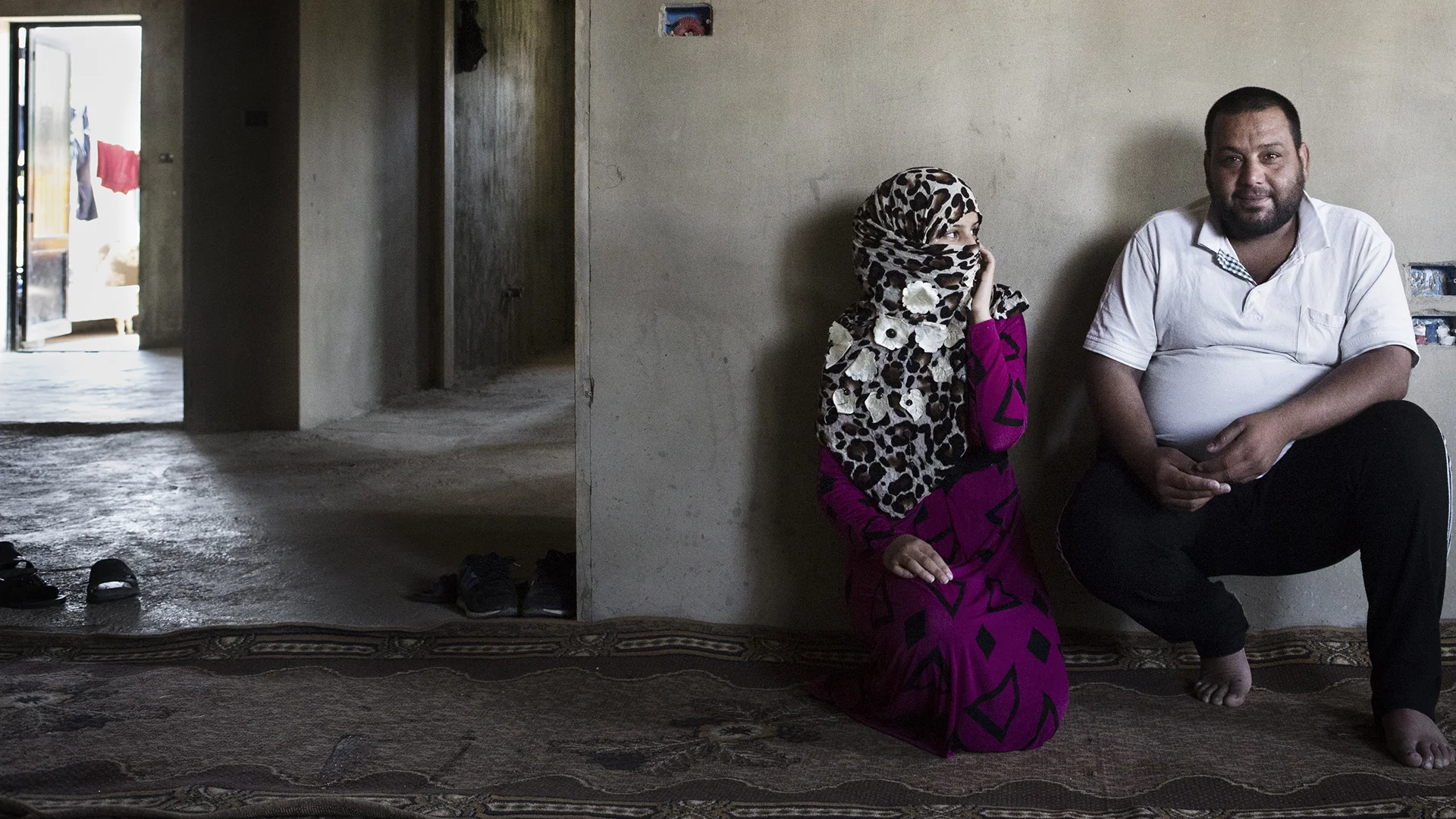Year after year, marriages are arranged for millions of girls: instead of going to school, they are then required to run a household and be at their husband’s beck and call. Child marriages are a violation of human rights. UNICEF is committed to combating underage marriage in over 60 countries, focusing in particular on awareness campaigns and girls’ access to schooling.
The situation
Every year, one in five girls worldwide get married before their 18th birthday. Some of them are not even 10 years old when they are handed over to a man, who they often do not know, and who will henceforth be their husband. Instead of going to school, they now have to run a household, cook and be of service to their husband and his family. They often experience domestic violence or become pregnant before their bodies are ready for it.
Child marriage is often the result of entrenched gender inequality, meaning that girls are disproportionately affected by the practice. Globally, the prevalence of child marriage among boys is only one-sixth of that among girls. In almost all cases, the groom is many years older than the bride. Early marriage is most common in Africa and southern Asia. In Bangladesh, for example, nearly 40 percent of all women were married before their 15th birthday, and 76 percent of women in Niger already had a husband by the age of 18. In many places, underage marriages are prohibited by law but are nevertheless actively practiced. The reasons are complex and sometimes linked to deeply rooted social norms. In most cases, however, there are also financial considerations: firstly, parents want their daughters to be taken care of; secondly, as a bride gets older, the dowry owed to the groom’s family increases.
The number of child marriages is declining slightly, but progress is uneven. For girls from rural areas and poor families, not much has yet changed for the better. Moreover, armed conflicts and natural disasters repeatedly lead to an increase in child marriages.
Child marriages are a violation of human rights. In addition, they not only destroy the dreams of the girls affected, but also deprive society of enormous potential. One of the most important measures to combat early marriage is access to schooling. Educated girls marry later, have fewer and healthier children, and ensure that their daughters also go to school.
How UNICEF helps
UNICEF is now working to combat child marriage in 52 countries, working closely with local agencies and non-governmental organizations.
- Schools: UNICEF builds child-friendly schools, supports girls’ education programs, operates learning centers and trains teachers. Clean water and gender-separated toilets are provided in schools.
- Health: Early pregnancies put girls’ lives at risk. UNICEF therefore supports projects to provide good prenatal and postnatal care, trains midwives and helps establish counseling centers and safety nets.
- Alleviation of poverty: UNICEF implements projects to help families earn a living wage, thereby reducing the pressure to marry off daughters for financial reasons.
- Strengthening the child protection system: UNICEF monitors child marriage trends, conducts studies and translates the findings into projects. The knowledge and experience gained are made available to governments and organizations to strengthen national child protection systems. Information and awareness campaigns focus on the rights of the girls affected and are aimed at parents, teachers and other decision-makers.
You can help too.
Thanks to your donation, UNICEF can carry out information campaigns and improve the situation of girls worldwide, an important prerequisite for combating early marriage. We thank you from the bottom of our hearts for your support.
